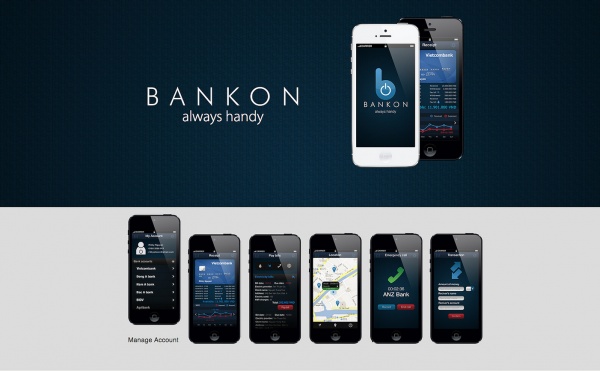Mekong Delta at a crossroads: Land loss and livelihood shifts
Climate and economic pressures are transforming Vietnam’s Mekong Delta, forcing millions to rethink their future as land inequality deepens and farming landscapes shift.
Vietnamese music enters a new era of identity and global reach
A new whitepaper from RMIT University reveals how Vietnamese artists and audiences are blending cultural heritage with global trends to carve out a distinctive V-Pop identity.
Navigating Vietnam’s new Law on Artificial Intelligence
Vietnam’s first-ever Law on Artificial Intelligence (AI) was passed on 10 December 2025 and will take effect from 1 March 2026, marking a milestone in the country’s digital governance and innovation strategy.
Plugging nuclear energy safely into Vietnam’s grid
Vietnam’s new Atomic Energy Law opens the door to advanced nuclear technologies, but success will hinge on grid readiness, safety culture, and skilled people, say RMIT University Vietnam academics.






